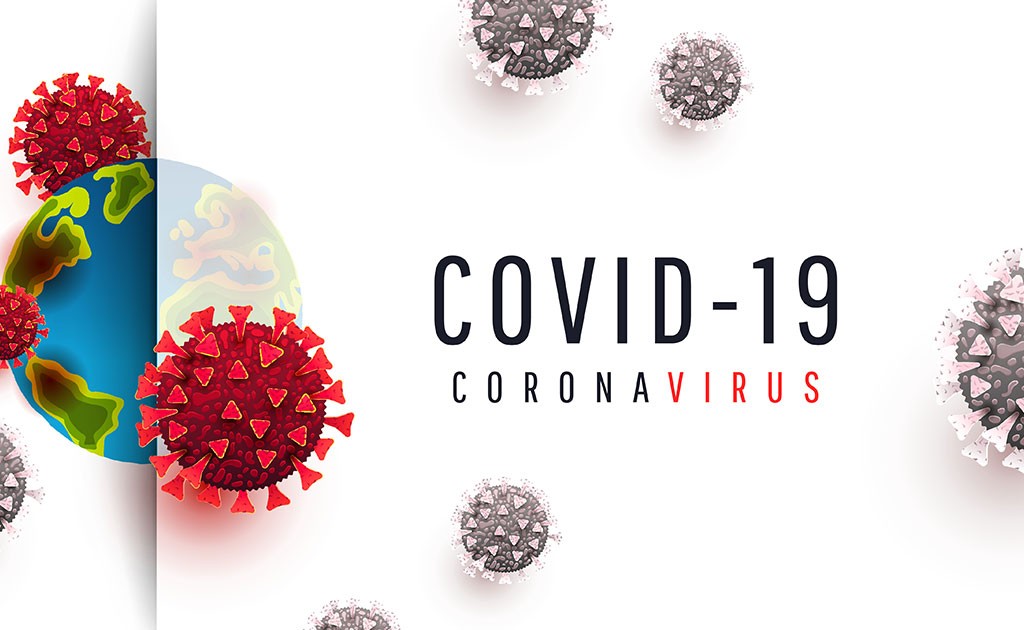“Police departments have significantly reduced arrests since March 2020, a very important adjustment to stop the spread of the virus in jails and police stations.”
by Susan Hutson
Office of the Independent Police Monitor
City of New Orleans
COVID-19 has reshaped life in New Orleans, the United States and the world. With over 590 virus-related deaths in our community already, including members of law enforcement, it is crucial that our communities take more common-sense measures to improve public and officer safety.
The first measure is to reduce arrests and prioritize summonses.
The second measure is to ensure officers are wearing PPE during their work shifts and encounters with others.
Oversight can assist by auditing a police department’s compliance with both measures.
Every time an officer makes an arrest, puts someone in handcuffs and transports that person to the jail, the officer is multiplying the chances of infection for the him- or herself, the detainee, everyone at the jail and the community at large. The least we can do to respect our officers’ sacrifice is to minimize unnecessary arrests.
Yet, in New Orleans, we noted that law enforcement was still arresting significant numbers of people for nonviolent offenses. Working with other groups in the community to collect data and audit arrests, in May, our network noted that 32% of arrests were exclusively for nonviolent offenses. In fact, it was noted that individuals were needlessly arrested for offenses including marijuana possession and failing to return a rental car.
Unnecessary arrests in New Orleans and elsewhere appear to primarily impact African-Americans, who are more likely to die from the coronavirus. A majority of the population and the police department in New Orleans are African-American, causing them to face elevated risk.
All cities have a powerful alternative to protect law enforcement and community members alike. For many offenses, officers can safely give the accused a paper ticket, in some places known as a summons, requiring the accused to appear in court. Police departments across the country are allowing officers to issue summonses to protect their officers and community, and police unions are supportive. Oversight can help by continuing to review and audit the numbers and provide feedback to community and police leadership.
Additionally, our office, the Office of the Independent Police Monitor, has begun conducting small audits of a rule from the New Orleans Police Department – jurisdiction size, 350.2 sq. mi.; population, 389,942 — issued on April 23, 2020, requiring officers to wear masks on duty and while encountering the public. NOPD Special Order #12-20 provides that:
- Officers are required to wear appropriate masks when in public and at work (including workspaces) when social distancing (minimum of 6 feet from all parties) is not possible.
- This is not optional.
- The masks provide a level of protection for the officer, co-workers and the members of the community we encounter every day.
Two quick audits were conducted to see if officers were wearing masks every time there was an encounter with any member of the community. During the COVID-19 crisis, it is more critical than ever that every officer follow guidelines from the Centers for Disease Control & Prevention.
- We randomly selected one day of the month for May (May 12) and a follow up day to audit in the month of August (August 9).
- There were 3,840 videos recorded and uploaded by NOPD officers on May 12, 2020, and 3,302 videos recorded and uploaded by NOPD officers on August 9, 2020.
- The minimum necessary sample size was determined to be 94 videos for May and 93 videos for August.
Utilizing a randomizer to select the videos to be reviewed, we reviewed 95 for May and 96 for August. We then reviewed a video only long enough to see [1] Is there a community member anywhere in the video? And [2] Are all officers viewable in the video wearing masks? If just one officer was not wearing a mask, but all others were, the result was negative for compliance. We found that:
- In May, when community members were present, a majority of officers were not wearing masks.
- In August, when community members were present, a majority of officers were wearing masks.
- Compliance with wearing a mask increased from the first audit to the second audit after the OIPM conducted its first audit and discussed the compliance rate internally with departmental leaders.
Our entire community can seize this opportunity to work together. The OIPM works with our community and the NOPD to review arrests & summonses and PPE compliance to assist the department in its decision making during the crisis. This data transparency will also help the NOPD build community trust by showing that officers are avoiding arrests where a viable alternative exists and protecting themselves and the public during all encounters. This trust will continue to benefit public safety long after the COVID-19 crisis wanes.
Part of this article was originally included in a letter to the editor of the New Orleans Advocate. View it at www.theadvocate.com/baton_rouge/opinion/letters/article_353e0bd0-80f3-11ea-bcd2-6f93fec7addb.html.
Resources:
https://www.cdc.gov/coronavirus/2019-ncov/community/guidance-law-enforcement.html. Centers for Disease Control & Prevention. “What Law Enforcement Personnel Need to Know about Coronavirus Disease 2019 (COVID-19).” March 12, 2020

